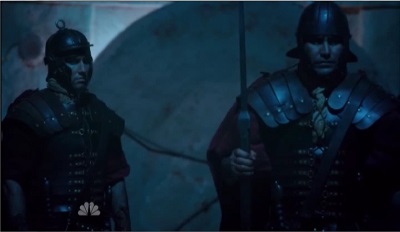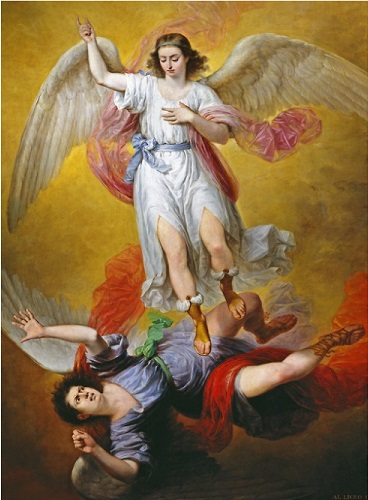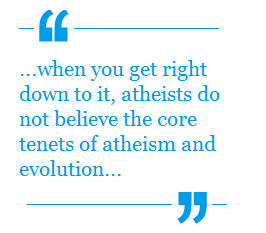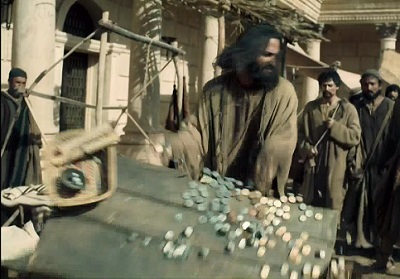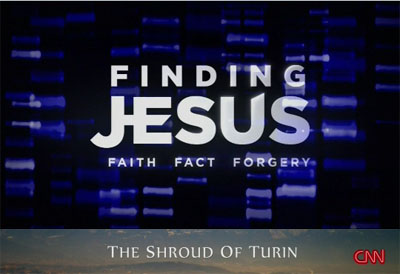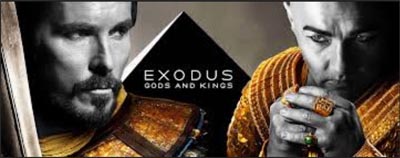| The series “AD – The Bible Continues” presents a strong case for the resurrection of Jesus. |
In part 1, Jesus’ death and the empty Tomb, the uniqueness of Christianity was examined through a consideration of the following questions:
Why believe in Christianity?
What makes Christianity different from any other religion?
Why not believe in other religions?
What makes Jesus different from the founder of other religions?
How do you know Christianity is true?
Why should I believe in Jesus?
The answer to all those questions is resurrection of Jesus Christ from the dead – it is the answer to each question, and what makes Christianity unique. Furthermore, Christianity is the only religion which provides hope for us mortal men and women through a savior who has demonstrated mastery over death by himself rising from the dead. And that savior offers the same resurrection to all who believe in him.
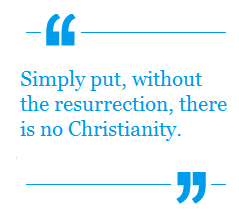
That claim – resurrection from the dead – is so startling, so bold, so beyond common experience that some people refuse to even consider it as a possibility. Such doubt has been expressed by the well known liberal scholar, the late Rudolph Bultmann who in his disbelief writes,

